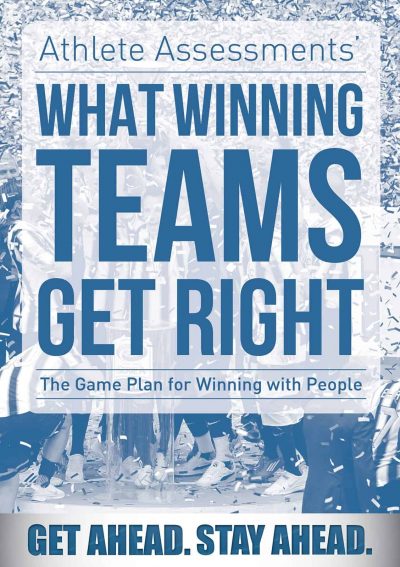By Liz Masen and Kate Ross
An insight into the five ‘football’ high-performance sport coach development programs, and those who lead them, in Australia.
This article was featured in our latest People+Sport Magazine: Education and Professional Development Edition which is available to read online here.
Australia has a long and successful history of being a formidable sporting nation across a vast array of sports. In ‘football’ alone there are five major codes, all taking their unique place in the sporting landscape. Consistent across all football codes is the belief that the quality of their coaches determines the quality of their game, engagement of players and ultimately their success. As a result, they all take coach development in their sport seriously and invest significantly in coach accreditation and continued professional development.
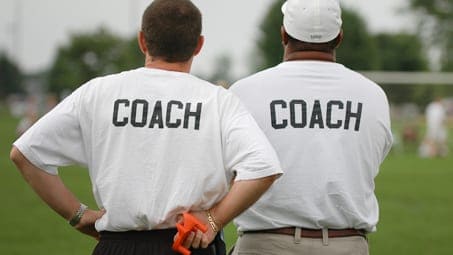
At the high-performance level of coach development there is a strong leadership emphasis. The coaches participating in these programs are already experts in the technical aspects of their football game, and the focus moves to people management, mastering communication and teaching skills, and developing team culture.
Legendary coach Vince Lombardi believed in the importance of strong self-awareness in both coaches and players. He purported that from self-knowledge we develop character and integrity, and from integrity comes leadership. “Only by knowing yourself can you become an effective leader.”
All five football code national bodies engage Athlete Assessments to contribute to their high-performance coach programs, the top tiers of their accreditation. Each course uses the CoachDISC Profile as part of their program, for which Bo Hanson also personally facilitates a core component.
While the primary purpose of the CoachDISC Profile is to further develop coaches’ self-awareness and deeper knowledge of their coaching style, it also provides a useful framework for understanding their coaching staff, players and others, to develop strong interpersonal and communication skills, develop team culture and assist in role allocation.
In the following article gain an insight into each course and the person who leads the program.
Australian Football
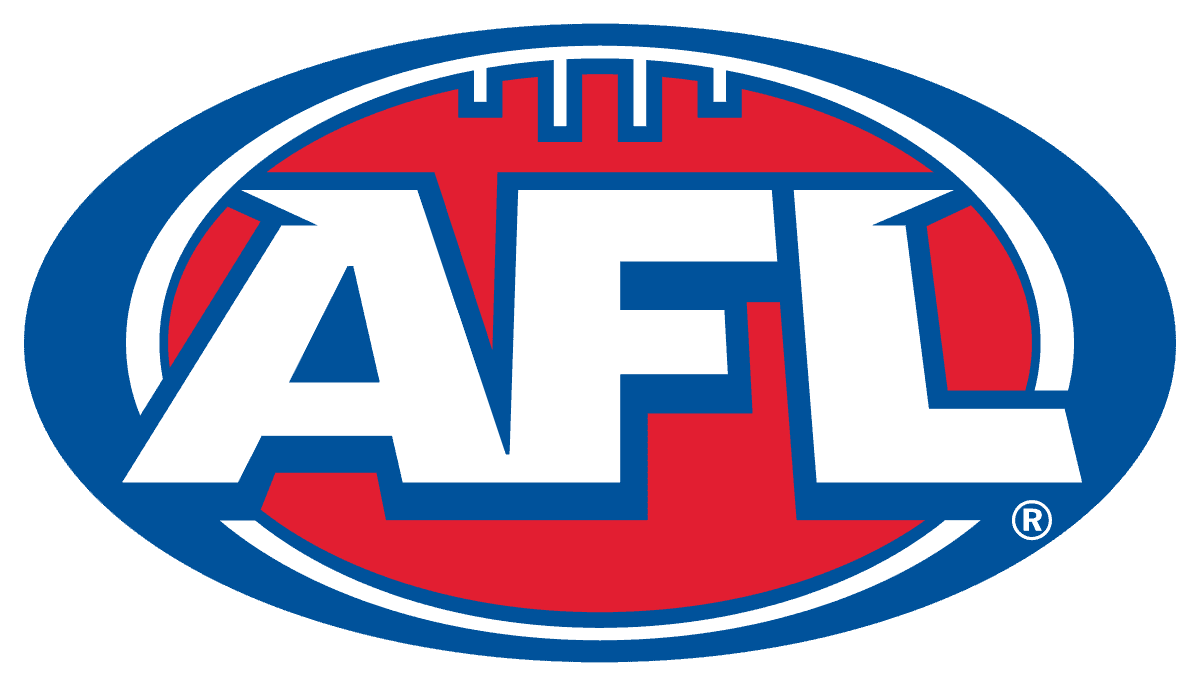 The Australian Football League (AFL) presides over one of the most iconic forms of football in the country. Since 1897 the game has been the cause for celebration as well as heated bar room conversation. While its traditional heartland is in the south, AFL has built a strong base across Australia and is growing internationally.
The Australian Football League (AFL) presides over one of the most iconic forms of football in the country. Since 1897 the game has been the cause for celebration as well as heated bar room conversation. While its traditional heartland is in the south, AFL has built a strong base across Australia and is growing internationally.
The AFL facilitates a vast array of courses including the high-performance Coaching Course at the elite end of their accreditation program. This course is for coaches who aspire to train and develop elite footballers and it covers a wide range of relevant issues, including time dedicated to topics such as technology and public relations.
AFL Coaching Development Manager, Lawrie Woodman, says that each year they take advantage of the location and timing of the course, being the week that immediately follows the AFL Grand Final (which participants attend), and also overlaps with the Draft Combine. “It’s a time which brings all major industry performance, development and recruiting people together in the one place. We draw on professional coaches as facilitators and mentors to the participants.”
Lawrie says he loves being surrounded by the wealth of coaches, who see the bigger picture of their role in developing players. “It’s great to work with so many motivated people whose aim is to produce better environments for the sport and assist players to become better people as well as better footballers.” He believes coaching is teaching and managing people; and that the best coaches are people--orientated, can individualize their coaching to players’ needs, and provide a learning environment of continuous improvement and development as a team.
There are considerable challenges ensuring coaches are trained to the standard that the course dictates and Lawrie says there are important qualities coaches must harness if they want to become effective and successful at what they do. “It takes time to manage the complexity of the game – such things as the size of the field, number of players, physicality, team structures, rotations, diversity amongst players. Coaches also need things that help them to understand themselves and know their players, and assist in teaching and communication.”
The most common question he is asked from coaches is how to have the more challenging, difficult conversations with players, parents and club personnel. Persistence is also an important attribute and Lawrie’s favorite quote is Michael Jordan’s: “I’ve missed more than 9,000 shots in my career. I’ve lost almost 300 games. 26 times, I’ve been trusted to take the game winning shot and missed. I’ve failed over and over and over again in my life. And that is why I succeed.”
FAST FACTS
- AFL high-performance Coaching Course (aka ‘Level 3’)
- 12 month course (5-6 consecutive days residential, 6 assessment tasks)
- 20% on field | 80% in class
- 24 coaches each year with usually 1 female coach (and will run a 2nd program within the year on demand)
- 40% of coaches work for a Professional Club, 40% are former professional players and remainder are from state leagues or in development coaching roles
- Most important goal of the program: To improve coaching skills, prepare them for coaching roles in AFL clubs and the ‘AFL Talent Pathway’.
“Using the CoachDISC provides a systematic approach and direction towards understanding yourself and your personal style in relationships; and understanding and relating to your players.”
“We have a long and solid relationship with Athlete Assessments which delivers an essential service in the development of high-performance coaches. This expertise integrates well with other activities and messages we believe are important.”
Football
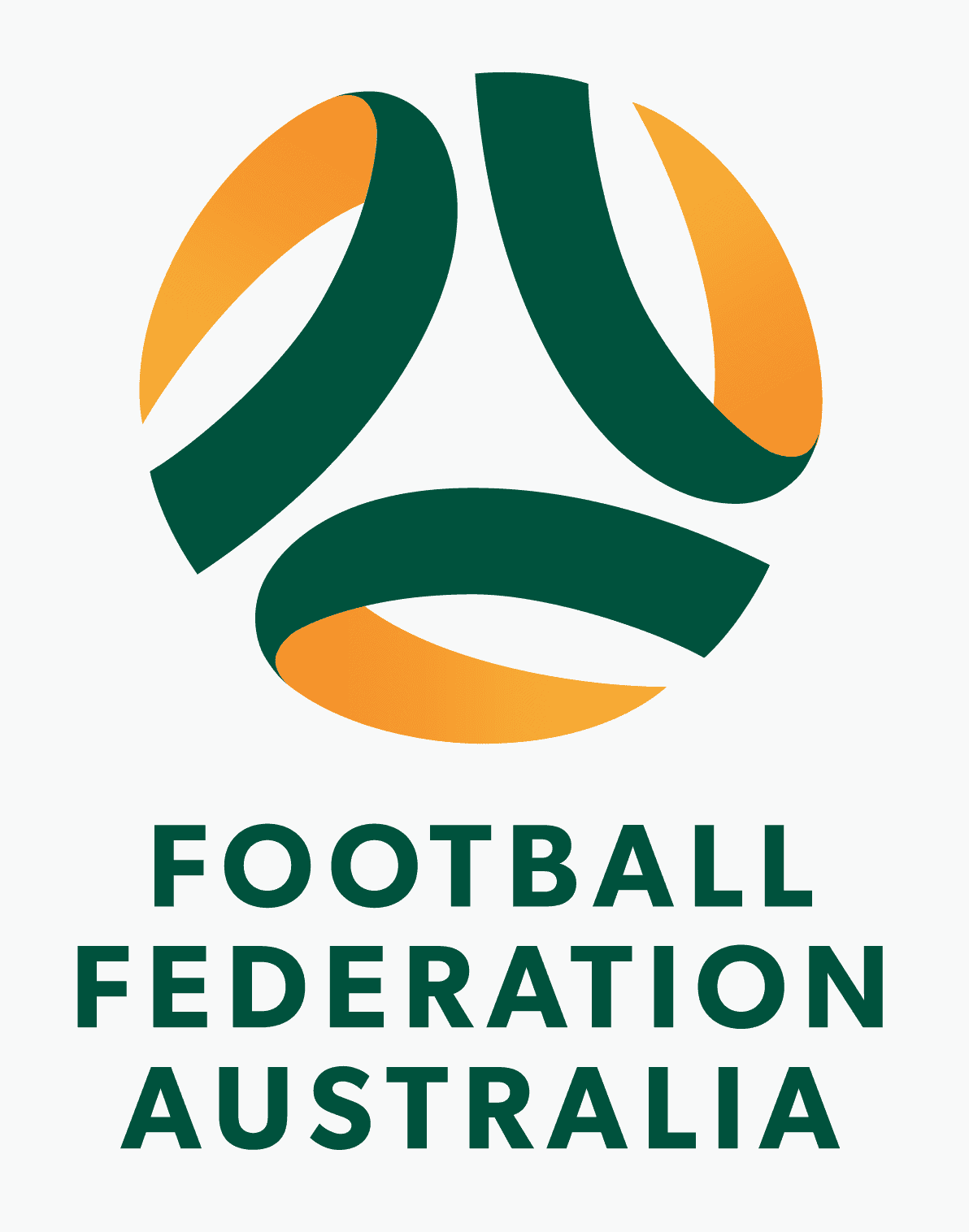 A game that can draw comparisons with religion in England and South America, Football or ‘Soccer’ is a sport with a significant following around the world. Some parts of the world follow the cosmopolitan code with a bit more passion than others but nevertheless it has the potency to inspire, exhilarate and keep an enormous base of loyal fans.
A game that can draw comparisons with religion in England and South America, Football or ‘Soccer’ is a sport with a significant following around the world. Some parts of the world follow the cosmopolitan code with a bit more passion than others but nevertheless it has the potency to inspire, exhilarate and keep an enormous base of loyal fans.
Given that globally the code has an exhaustively high caliber of professional football coaches, it’s only natural that a sporting nation like Australia has a high caliber of their own. The Football Federation of Australia (FFA) has a spectrum of courses catering to the development of coaches at the range of levels, the highest tier being the Pro-Diploma.
The course is for coaches who work with performance players in the elite ranking of the game, and are either professional coaches with a national or international league, or are national or state elite development coaches. The Pro-Diploma focuses on the Performance Phase building block. The course includes 13 days of contact time where every aspect of the life of the professional coach is covered in detail.
Head of Coach Education for the FFA, Rob Sherman, says that the most rewarding part of his role is seeing coaches do well. However, he says their biggest challenge is “Time! The turnover rate is ridiculous. Coaches need to be given more time to effect the changes necessary to sustain long term performance. The ability to buy time is crucial.”
The course delivers training specific to the nature of their professional coaching role. Rob says “For example, managing change. Most coaches get a job because the board or owner feel a change is needed. Therefore preparing them to deal with this environment is a vital skill.”
When pressed to offer a concise summary of what a successful coach needs, the 30-year industry veteran immediately pointed to a need for the coach to have “a deep Football Knowledge, a clear Vision and Philosophy, high competency in Training and Management and the ability to influence Match performance. It’s these principles that make for a top coach.”
The expectations, assessment tasks and time commitment required by the course participants is extremely demanding. While the program facilitators do their utmost to provide support (and encouragement), life as a professional football coach is exactly this. The career carries enormous responsibility and personal commitment which is demonstrated by the course participants consistently.
Rob’s favorite quote is Henry Ford’s “If you think you can or think you can’t, you’re right.” and his best advice to coaches is “it’s not the answer that matters, it is the question”.
FAST FACTS
- FFA/AFC Professional Diploma(aka Pro-Diploma)
- 385 hours (2 contact components of 8 days and 5 days, distance learning tasks and coaching hours)
- 50% on field | 50% in class
- 24 coaches each year (1 female coach in 2014 program)
- Most important goal of the program: To encourage candidates to establish a working methodology and culture that strives for excellence on a daily basis.
“Using the CoachDISC really makes the coach find out about themselves and consider the behaviors of others. Manage self and manage others are key components and DISC is fundamental to this.”
“What I most value about working with Athlete Assessments is the strong liaison in developing the program to meet the needs of the candidate in a bespoke manner related to the sport. The attention to detail and support provided to each candidate and the regular feedback is exceptional.”
Rugby League
 While Rugby League’s history is entrenched as the ‘working class game’, the modern code has gained a much broader appeal across the country. Its popularity recently confirmed when the National Rugby League (NRL) signed the largest television rights deal within Australia. With this enviable position comes expectations and responsibilities, particularly in regard to the standard of the game, player behavior and the quality of coaches.
While Rugby League’s history is entrenched as the ‘working class game’, the modern code has gained a much broader appeal across the country. Its popularity recently confirmed when the National Rugby League (NRL) signed the largest television rights deal within Australia. With this enviable position comes expectations and responsibilities, particularly in regard to the standard of the game, player behavior and the quality of coaches.
The NRL high-performance Coach (HPC) Course has been tailor-made to ensure that current and prospective elite coaches meet these challenging expectations. Given that the program is the highest level of accreditation in the profession, it achieves this incredibly well.
The participants range from professional assistant coaches within the NRL and coaches from the Under 20’s league (NYC), to State Cup and junior representative coaches. The course provides modules in improving performance analysis, advanced attack and defense skills, skill acquisition, coaching and leadership, physical conditioning to improve player performance, and psychological preparation.
NRL Coach Education Coordinator Dylan Hides, who redeveloped and launched the latest HPC curriculum in 2012, attributes this as being one of his most rewarding career achievements to date. “I love having the opportunity to challenge coaches’ philosophies on rugby league, to assist in the development of critical thinking and to help them grow personally and professionally.”
As all coaches in the HPC Program have excellent technical knowledge and tactical skills, the course emphasizes a greater understanding of different coaching methods. This is to develop the ‘art and science’ of coaching with stronger communication skills such as instruction, questioning, feedback and managing conflict.
“There is a larger need for coaches to understand themselves, their coaching style and how to adapt to their players, the team’s needs and what the situation calls for. This is strengthened with the use of the CoachDISC Profiling.”
Dylan recognizes that the best coaches have an understanding of each of their players and how to motivate each of them to perform to the best of their ability, consistently. He distinguishes quality coaching exists when there is open-mindedness, dedication, selflessness and respect.
Persistence is also a common theme as Dylan, like AFL’s Lawrie Woodman, ascribes his favorite quote to Michael Jordan’s “I’ve failed over and over and over again in my life….and that is why I succeed”. The best advice that he has received is that with anything you do, you only get out what you put in.
FAST FACTS
- high-performance Coach Level 3
- 12 month course (4 days residential, 6 assessment tasks)
- 100% in class
- 40 coaches each year (20 per program in New South Wales & Queensland)
- Most important goal of the program: To equip participants with the skills and knowledge to structure and implement a program of their own that effectively ensures that talented and A-grade level players reach their full potential under their regimen.
“The use of CoachDISC Profiles helps in understanding how people behave, why they behave in a certain way and simple strategies to deal with a variety of personalities whether they be coaches, players, stakeholders.”
“Athlete Assessments have added value to our program with relevant strategies and solutions in ways which we can improve as coaches and get the best from our players.”
Rugby Union
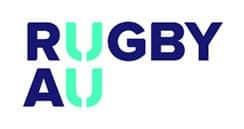 Internationally renowned as the gentlemen’s code, Rugby Union has earned its place in history as dignified and nuanced, while ensuring an exciting future with its ‘Sevens’ now being an Olympic sport. With teams from France to South Africa it is also one of the most globally affecting. Keeping this in mind, and with the aim of internationally being ahead of the rest, the Australian Rugby Union (ARU) Level Three Coaching Course is designed to provide their coaches with advanced education to enhance their abilities in high-level competition.
Internationally renowned as the gentlemen’s code, Rugby Union has earned its place in history as dignified and nuanced, while ensuring an exciting future with its ‘Sevens’ now being an Olympic sport. With teams from France to South Africa it is also one of the most globally affecting. Keeping this in mind, and with the aim of internationally being ahead of the rest, the Australian Rugby Union (ARU) Level Three Coaching Course is designed to provide their coaches with advanced education to enhance their abilities in high-level competition.
The high-performance coaching course consists of pre and post season live-in camps, features both rugby union specific and broad learning modules, and rigorous assessment. Modules are delivered by a range of field experts including senior coaching staff, elite coaches from neighboring sports as well as leading technicians from the Australian Institute of Sport. All this, combined with academic expertise from leading Australian Universities, makes for a comprehensive learning program.
Coaching Pathway Services Manager for the ARU, Matthew Wilkie, who has a Master’s degree in Coaching and is currently completing his Ph.D. in Talent Development, leads the course. He says the ultimate aim of the program is creativity, and an interest in being able to think like this bodes well for coach participants. The most successful coaches in rugby union are leaders first, athlete centered, excellent communicators, challenge learning, enjoy what they do, and “work harder off the field than on it”.
The program’s philosophy is to shift the focus for coaches who have a belief in and desire for ‘the ultimate playbook’ in which they perceive their success will lie. “Instead, a greater focus is directed towards striving to be athlete centered and meeting the needs of their players and team overall. This means more education and training around successfully managing and communicating with athletes, staff, management and their boards.”
Matthew says that the CoachDISC Profiles, together with the theory and application of DISC, is used heavily throughout the course and is an invaluable tool when developing coaches at this level.
The biggest challenge for Australian rugby union coaches is the domestic opportunities for talented coaches to take on and that there is currently a significant step from club to professional rugby, with limited opportunities. However, Matthew does elude that this is all about to change! (Watch this space.)
One of the most important facets of this course is that the opportunity exists for further training and ongoing development once the course has finished. This maintains momentum for ongoing improvement and raises the bar in how they continue to progress.
FAST FACTS
- ARU Level 3 Coaching Course
- 12 month course (2 x 4-day residentials, 10 assessment tasks)
- 25% on field | 75% in class
- 20 coaches every 2 years
- Coaches are Professional (SuperRugby), Premiership Grade and High Level Youth representative coaches from across Australia
- Most important goal of the program: Provide education and training to coaches working in environments that engage with professional athletes in their rugby programs (either full time or part time).
“The CoachDISC Profiling is a practical way to emphasize to coaches the importance of understanding how people communicate, interact and respond to different approaches; of thinking beyond the technical/tactical; as well as better understanding for coaches of ‘how’ they coach and do what they do.”
“Athlete Assessments adds value to our course through expert delivery of information in an area that complements and integrates with the ARU coaching development approach.”
Touch Football
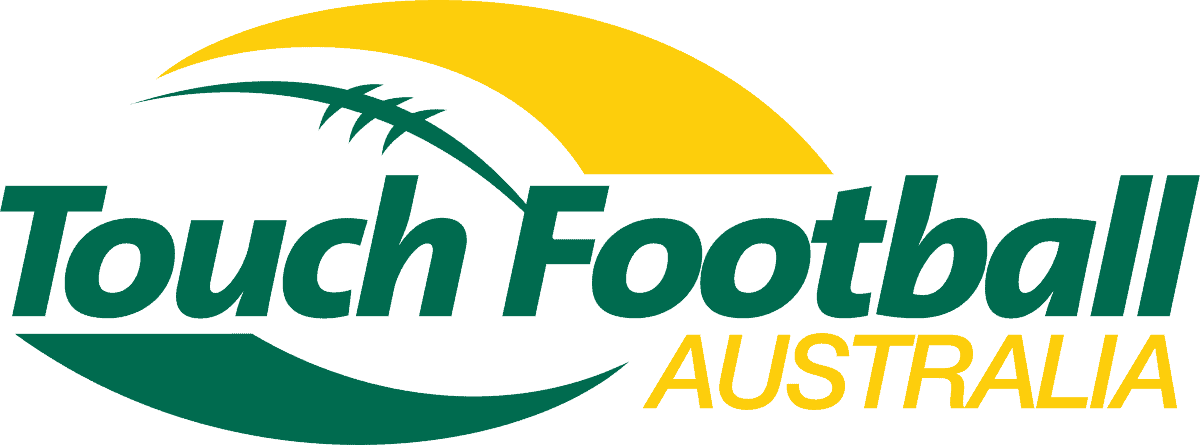 A staple of backyard gatherings, Touch Football has ingrained itself not only as an institution of social occasions but as a highly competitive code in Australia as well. Many professional players in other codes, particularly rugby league and rugby union, have a strong background playing touch football and this has been formally recognized with the recent agreement being signed between Touch Football Australian (TFA) and the National Rugby League (NRL). As the sport carves out a more elite presence, coaches and players are rising to the challenge to further develop their high-performance skills.
A staple of backyard gatherings, Touch Football has ingrained itself not only as an institution of social occasions but as a highly competitive code in Australia as well. Many professional players in other codes, particularly rugby league and rugby union, have a strong background playing touch football and this has been formally recognized with the recent agreement being signed between Touch Football Australian (TFA) and the National Rugby League (NRL). As the sport carves out a more elite presence, coaches and players are rising to the challenge to further develop their high-performance skills.
TFA high-performance Manager, Wayne Grant, is in charge of coach and player development. His insight is consistent with the other codes as to what constitutes best practice coaching. “The best coaches are the best people managers who have the ability to bring a team together, give them a well-researched game plan and the skills and belief to be successful.” He describes quality coaching as engaging, innovative and having accountability.
“In my opinion coaches need a greater understanding of themselves and their strengths and weaknesses in order to work effectively. This, along with a better grasp of individual behavior profiles and how to identify that within individuals in their team will tie together to bring about improved team performance.”
Wayne ran the first high-performance program of this kind over 2012 and 2013 and sees the stark benefits of DISC Profiles in prompting incisive self-reflection and analysis. This is meeting a need within the coaching ranks, as demonstrated by the most common question Wayne is asked by coaches is how to better understand their players and what they need.
Their program is a combination of traditional coach professional development, together with DISC Profiling of the three national elite teams. This provides the coaches with both the theoretical knowledge and the practical application of using the profiling to inform their coaching strategies, communication skills and developing the team culture.
On a personal note, Australia winning the 2011 Touch Football World Cup in Scotland is one of Wayne’s most rewarding career moments and he receives enormous satisfaction in seeing a coach improve to a level where they get the best out of themselves and their team. The best advice he has been given is to always surround yourself and your program with the best. “The best coaches, the best support staff, all the best people you can get in their field and give them ownership and responsibility.”
Wayne also shares his favorite quote of recent times being “Those who are skilled in combat do not become angered, those who are skilled at winning do not become afraid. Thus the wise win before the fight, while the ignorant fight to win.”
FAST FACTS
- high-performance Coach Development and Athlete Profiling Program
- 4 days
- 100% in class
- 10 coaches plus DISC Profiling of senior men’s, women’s and mixed teams
- Coaches are the national representative coaches from across the range of Australian teams
- Most important goal of the program: Educate coaches and athletes on DISC Profiling and its relevance to individual coaches, players and team performance.
“Using DISC Profiles broadened our awareness of behaviors and communication styles and how it relates to improved performance.”
“We value Athlete Assessments’ depth of experience and knowledge in working with team sports, coach development and their ability to relate to our coaches and players in a practical way.”
At Athlete Assessments, we’re here to provide you with excellence in service and to help you be your best. If there is anything we can assist you with, please Contact Us.


